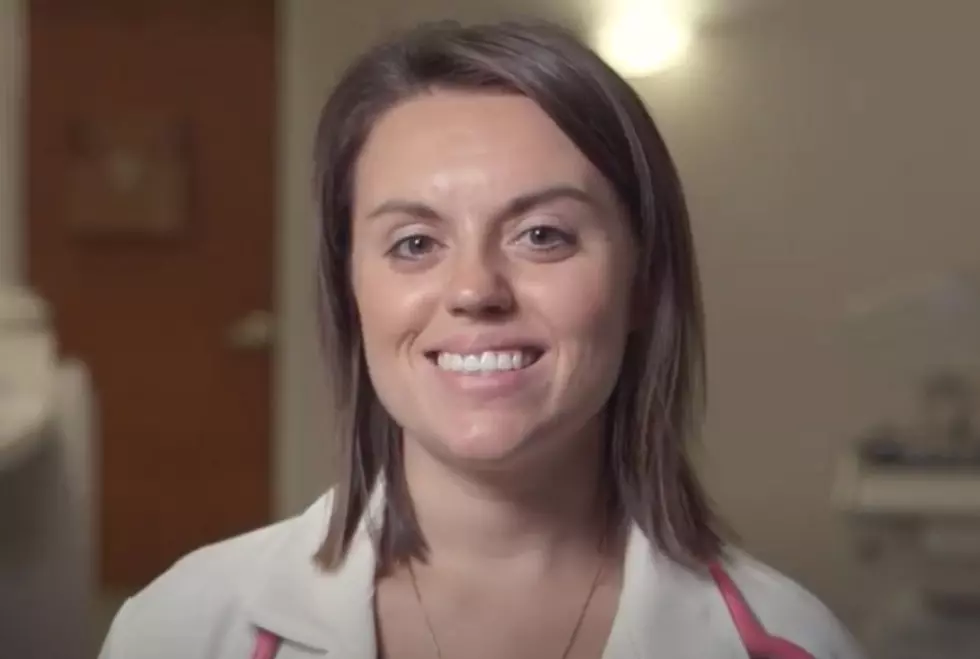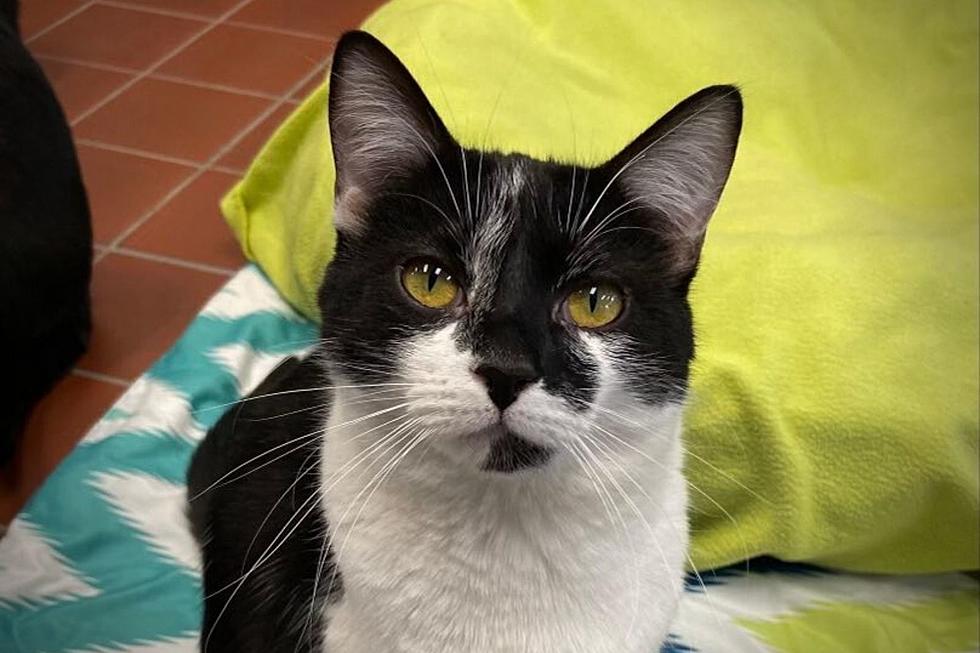
COVID-19 and Pregnancy: What You Should Know
For many families, expecting a new baby is usually a time of great joy and excitement. However, with the COVID-19 pandemic, many pregnant women are instead feeling anxious and concerned about how the outbreak will affect their pregnancy, delivery and the overall health of their baby and themselves. Dr. Erika Dearing of Bronson Obstetrics & Gynecology Specialists in Battle Creek was a guest on Tuesday's 95.3 WBCK Morning Show with Tim Collins.
Are pregnant women at a higher risk for getting COVID-19?
- From what we know, no, women are not at a higher risk for getting COVID-19, compared to the normal population. We still want them to take precautions though.
How can pregnant women protect themselves against COVID-19?
It is recommended pregnant women take the same precautions as others to prevent contracting the coronavirus.
- Wash your hands often: Using soap and water, wash your hands for at least 20 seconds using warm water. If you are using an alcohol-based hand sanitizer containing at least 60% alcohol, make sure to thoroughly cover all surfaces on your hands and let dry. Both options are equally effective.
- Stay home: Stay home as much as possible. Only run errands that are essential, such as getting food at the grocery store or medicine from the pharmacy. Stay home if you are sick.
- Practice social distancing: If you are going to an area where there are other people, keep at least 6 feet of distance between you and others.
- Cover your cough: Cover your cough or sneeze with your elbow or tissue, and wash your hands immediately after.
- Wear a face mask: The Centers for Disease Control and Prevention (CDC) recently recommended using a cloth face mask to cover your mouth and nose when you are around people you don’t live with or when going to a public place like a grocery store.
If a pregnant woman does get COVID-19, can she pass it on to her baby?
There is not any data that indicates that while a woman is pregnant that the baby could get it from her body. However, we know that after pregnant women have their baby and the baby is exposed to the virus, it can be passed on.
There seems to be a lot of anxiety among pregnant women who are due in the coming weeks that their spouse or support person cannot be present for the labor and delivery because of the strict visitor restrictions at the hospitals due to COVID-19. What are the current visitor restrictions in place at the Bronson BirthPlace in Battle Creek?
- At the Bronson BirthPlace in Battle Creek, your support person can be present during labor and delivery.
- That same support person will be allowed at the hospital for the duration of your stay.
- We encourage using things like FaceTime and Zoom and Skype to stay connected with the rest of your loved ones.
What other measures is Bronson taking at the BirthPlace to protect moms, new babies and the spouse or support person from being exposed to the virus when they are at the hospital?
Everyone coming in, including the stafff and visitors are screened before entering the building. We are looking to identify anyone who may have been exposed to COVID-19 or is having some of the typical symptoms. Staff are wearing masks and proper PPP equipment to eliminate exposure.
Because of COVID-19, most in-person classes and events at Bronson have been cancelled. Are there other ways Bronson is helping new moms and their families get the information they need to prepare to welcome their babies?
- A variety of family centered education classes are now being offered virtually, including, but not limited to, Prepared Childbirth, Baby Safety Class and the Baby Care Class.
- These are free and cover important topics like bathing your baby, feeding your baby and infant CPR.
- You can learn more about the online classes at Bronson health dot com slash classes and click on “Pregnancy and Parenting.”
What advice would you give new moms and their families during this challenging time?
- We know this is an uncertain time, but do your best to stay calm and do your part to protect yourself by washing your hands, social distancing and staying home.
- If you have questions or concerns, reach out to your provider. If you have a Bronson provider, you can contact them directly through you Bronson MyChart account.
- You can find more information about COVID-19 by clicking here.
More From WBCKFM









